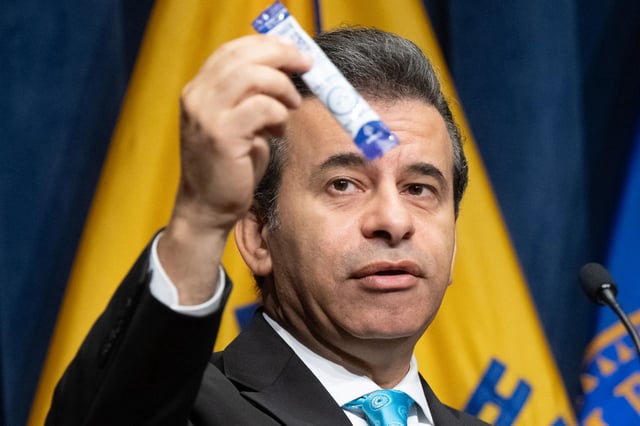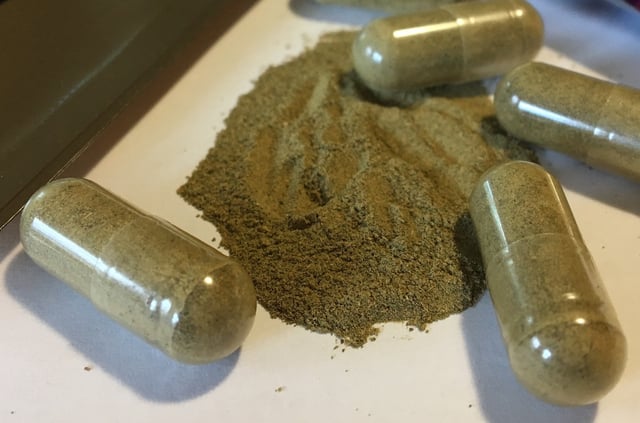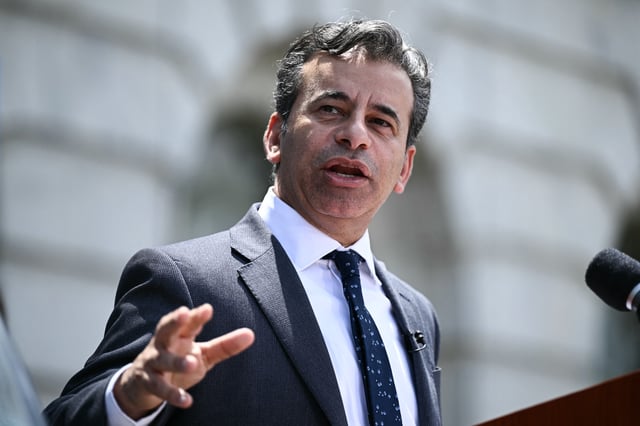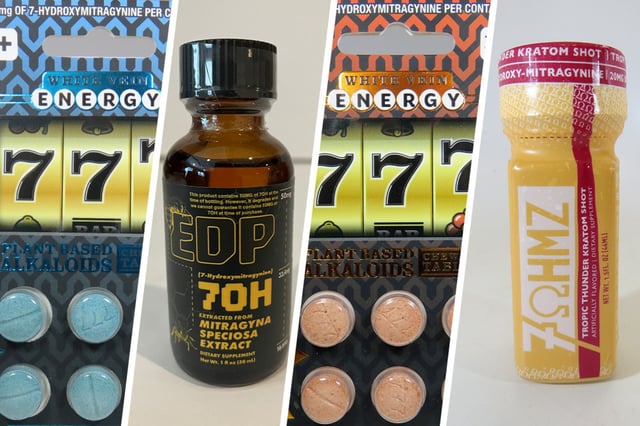Overview
- The FDA recommended that the DEA list 7-hydroxymitragynine, a synthetic byproduct of kratom, as a Schedule I controlled substance due to its abuse potential.
- Agency data show 7-OH binds to mu-opioid receptors and can be up to 13 times more potent than morphine, risking respiratory depression, addiction and seizures.
- The recommendation triggers a DEA review and public comment period before any final scheduling under federal drug law.
- HHS Deputy Secretary Jim O’Neill reported a spike in overdoses and emergency visits linked to mislabeled vapes, gummies and drinks containing 7-OH.
- Industry groups including Diversified Botanics and the American Kratom Association back targeting synthetic 7-OH while opposing broader restrictions on natural kratom leaf.



